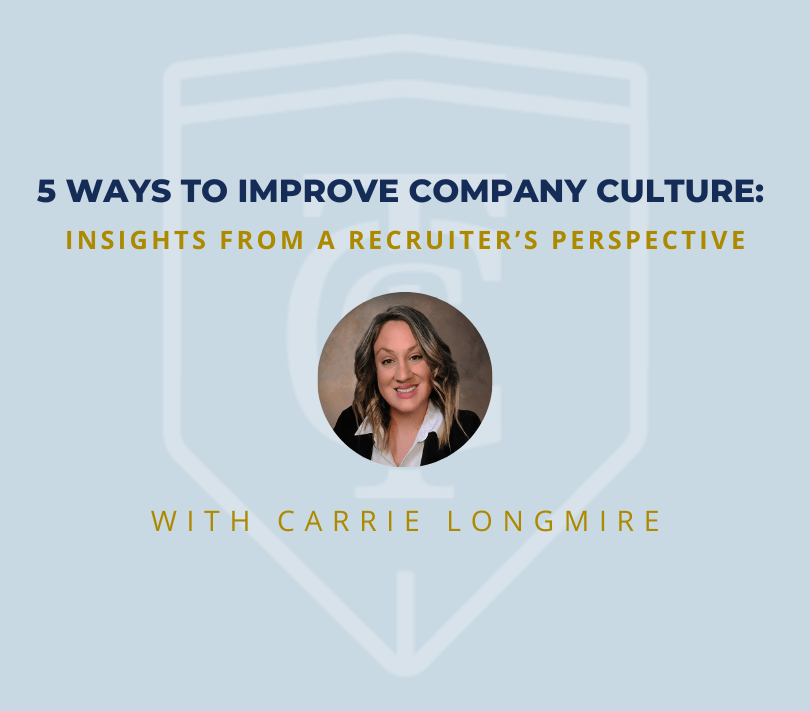
- Frequent feedback loops: Regular check-ins between managers and employees can ensure that voices are heard and acted upon.
- Transparency at all levels: Candidates frequently mention that they feel out of the loop. Sharing company goals, decisions, and challenges with all employees helps foster trust and unity.
- Leadership accessibility: When leadership is approachable, employees feel more valued and connected to the company’s vision.
- Create a recognition culture: Whether it’s small daily acknowledgments or formal rewards programs, recognize employees for their efforts. Candidates often mention that even a simple “thank you” can go a long way.
- Make it personal: Personalized recognition that aligns with the individual’s preferences or work style can create a deeper impact.
- Empower peer-to-peer recognition: Encouraging employees to recognize one another boosts morale and helps everyone feel part of a supportive team.
- Embrace flexible working: Whether it’s remote work, flexible hours, or hybrid options, candidates consistently say they’re drawn to companies that offer flexibility.
- Normalize time off: Companies need to actively encourage employees to take their vacations and use their benefits. I’ve spoken to countless candidates who feel guilty for taking time off, even when they desperately need it.
- Promote wellness initiatives: A culture that prioritizes mental and physical well-being speaks volumes about how much you value your employees, which is a strong draw for potential hires.
- Develop inclusive hiring practices: Ensure that your recruitment strategies attract diverse candidates by reaching out to underrepresented groups.
- Build an inclusive environment: Once hired, employees should feel like they truly belong. Initiatives that celebrate different backgrounds, experiences, and perspectives are key.
- Offer DEI training: Regular training to address unconscious bias and promote inclusive behaviors is essential for building an environment where everyone feels respected and valued.
- Provide career development paths: One of the best ways to retain top talent is to show them they have a future within your organization. Work with employees to create clear career development plans.
- Offer learning opportunities: Whether through workshops, certifications, or mentorship programs, offering learning and development opportunities signals that you care about employees’ long-term success.
- Promote from within: Candidates consistently express frustration when external hires are prioritized over internal talent. Promoting from within shows that you recognize and reward loyalty and growth.

As a servant minded and seasoned Human Resources professional with over 15 years of experience in all aspects of Human Resources, Carrie is a dedicated to and passionate about helping others achieve their professional goals. She understands the importance of a fulfilling career and how it greatly impacts one’s overall well-being and happiness.
Carrie takes the time to truly understand the needs and desires of those she works with, going beyond simply placing them in a job, but rather assisting them in achieving fulfillment in all aspects of their lives through the development and enhancement of their career. Her approach is service focused, personal, and “high touch.” She takes the time to build strong rapport with each individual to ensure the best possible career match. Continue reading about Carrie on her bio page.

